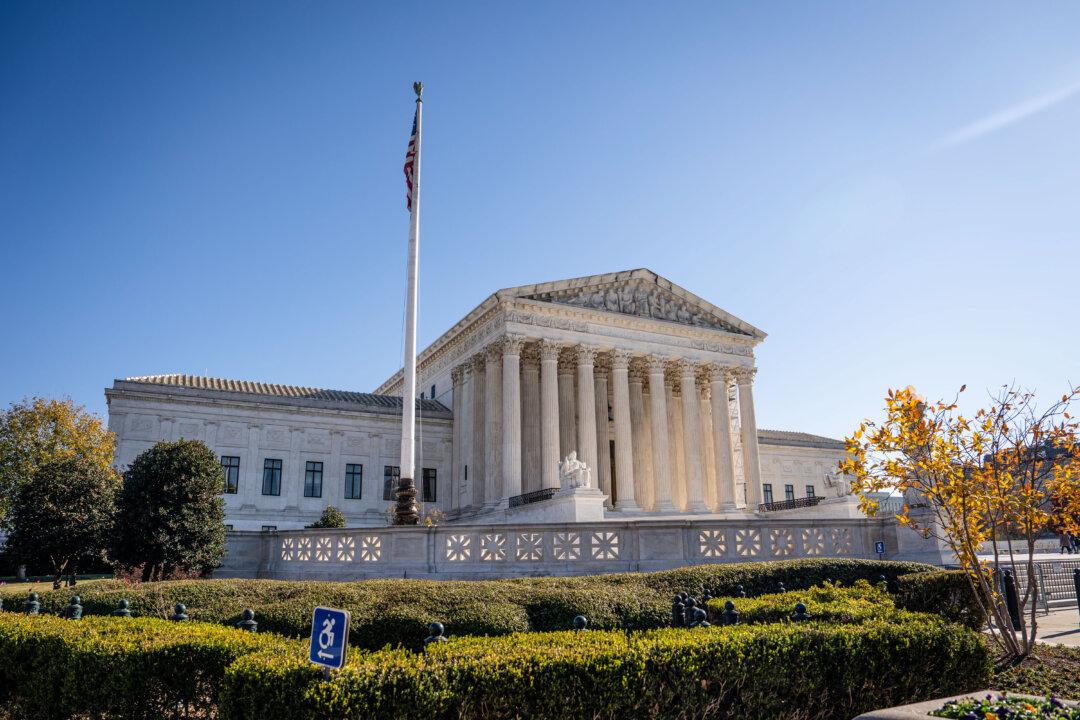The U.S. Supreme Court ordered a lower court this week to reconsider a labor dispute in light of a June ruling that overturned a longstanding legal doctrine favoring federal agencies.
The Supreme Court’s new decision took the form of an unsigned order in Hospital Menonita Guayama, Inc. v. National Labor Relations Board that was issued on Dec. 16. No justices dissented.





